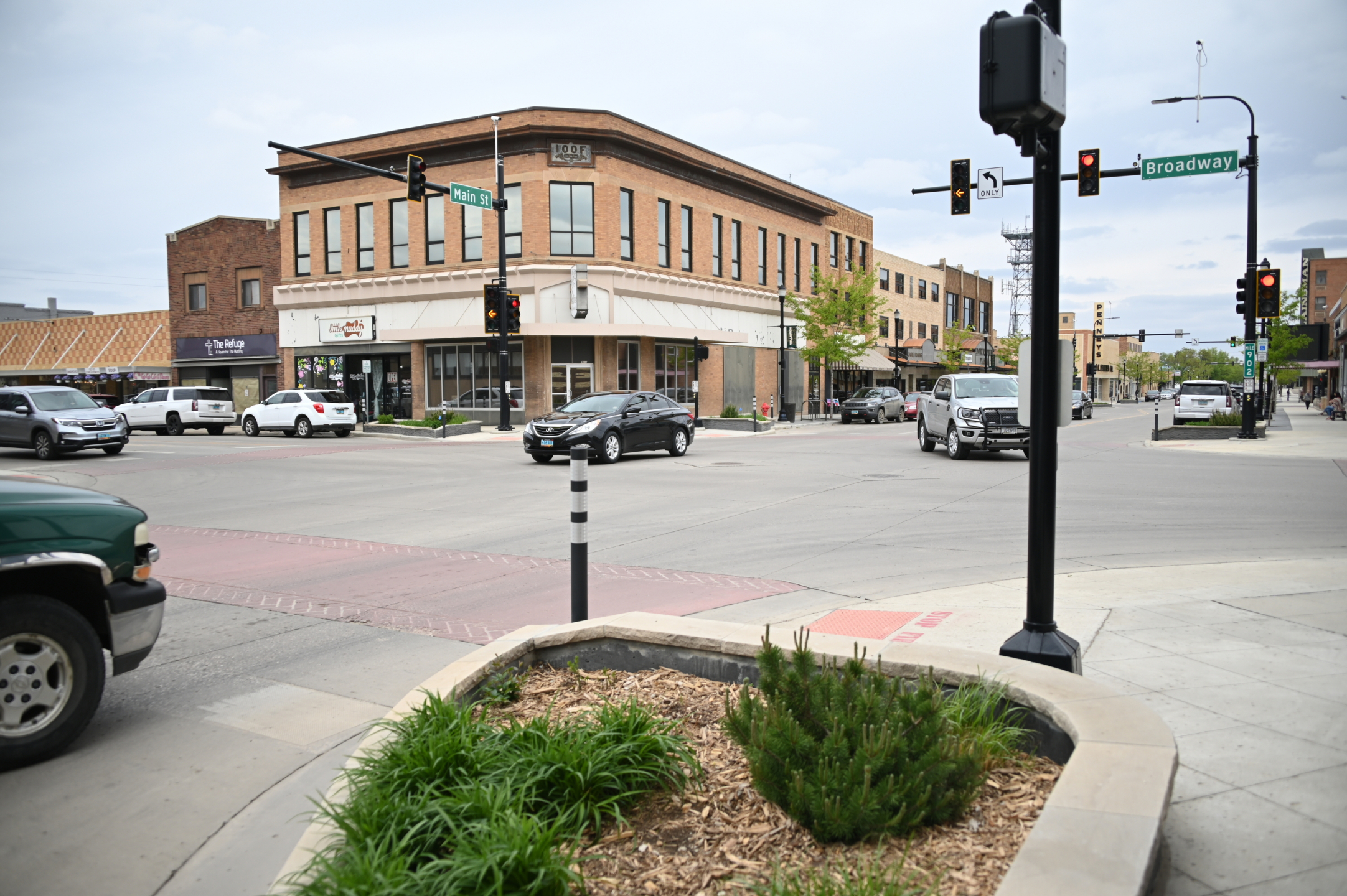Older drivers are often some of the safest drivers on the road, as they do not take unnecessary risks and self-restrict to compensate for changes to their vision, reflexes or other age-related concerns. However, not all aging drivers may recognize the need for self-restricting, and others may need to stop driving altogether due to medical conditions.
It can be difficult to know how to talk to someone about limiting their driving or giving up their privileges. If you find you need to speak up, you can use the helpful tips on this page to make the conversation go more smoothly.

Start Early
Talk to aging drivers about restricting or giving up their driving privileges before a real problem arises. If you wait, the individual may be far more defensive than if you had held a conversation with them before it became an issue.
Be Sensitive
Remember that driving represents freedom and independence, and enables people to participate in social activities. Keep in mind how you might feel if you were asked to give up driving.
Focus on Safety
Explain why you are concerned. Discuss how driving impacts both their safety and the safety of other drivers.
Don't Lie or Use Trickery
It's not a good idea to lie about the individual's license being suspended, or to hide their keys. Deception will damage the trust between you and the driver and usually only serves as a temporary fix for a bigger problem.
People are often anxious about losing their license because they worry about loneliness, loss of independence, or being unable to fulfill their basic needs, such as getting groceries, going to the bank, or attending church. If the driver will not listen to you, talk with their physician or the Driver License Division about options for retesting or revoking a license.
Offer Alternatives
Help come up with a plan that will put the individual at ease about the future. Discuss transportation alternatives, including public transportation and shuttles to and from the senior center, and/or offer to give them a ride when necessary. The individual needs to know that giving up their license does not mean giving up their entire lifestyle.
Avoid Making Demands
Making demands can make people become defensive and push back. The best way to get the individual to make the right decision is to focus on listening. Find out what concerns they have about giving up their driver’s license, and ask questions about what might put their mind to ease.
Explain the Benefits of Not Driving
Mention that by not driving, the person will save money on gas, insurance, vehicle registration, driver license fees and general vehicle maintenance. They also won't have to worry about driving in inclement weather (especially North Dakota winters).
Use Specific Examples
Bring up details and first-hand accounts of times when the individual's driving has caused you concern (e.g., difficulty in an intersection, merging into traffic, making left-hand turns, etc.). Also mention any accidents or behaviors that may signal it's time to retire from driving.
Take the Focus Off the Driver
No one likes to feel criticized. Some older drivers may respond better if you frame the situation in the context of other loved ones. Ask if they would feel comfortable driving their grandchildren, or mention how it would affect the family if they were ever hurt in an accident. In addition, an older driver may be more likely to give up their car if they know there is a younger member of the family who needs a vehicle.
Talk to the Driver's Physician
The older driver's health care provider will be able to offer an objective assessment of their driving abilities and may be able to offer advice about how to restrict driving to balance safety and independence. The physician may require an evaluation to show the driver possible weaknesses in ability. Additionally, the physician may support you in suggesting that it's time to give up driving.
